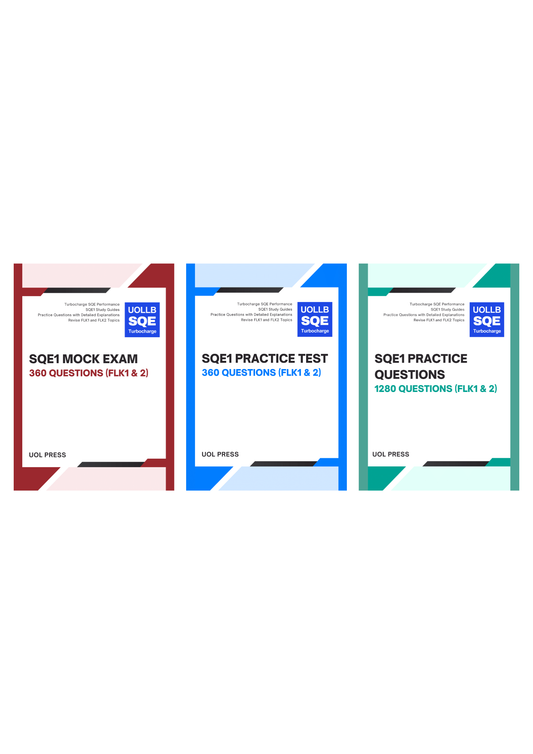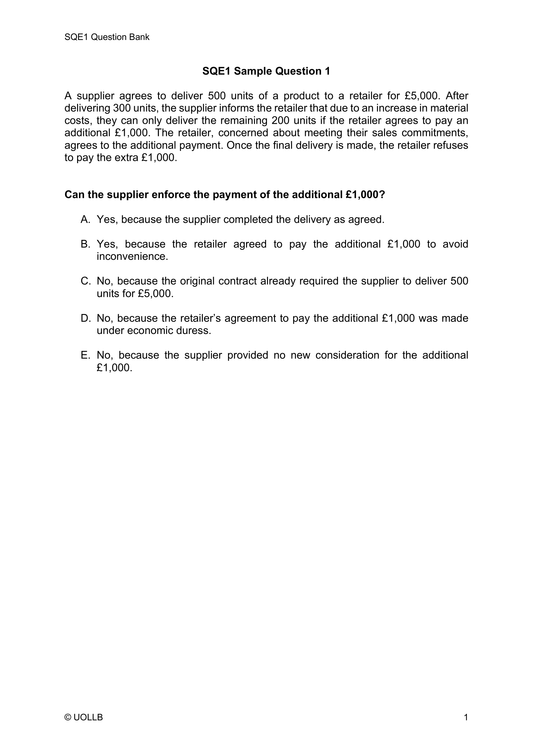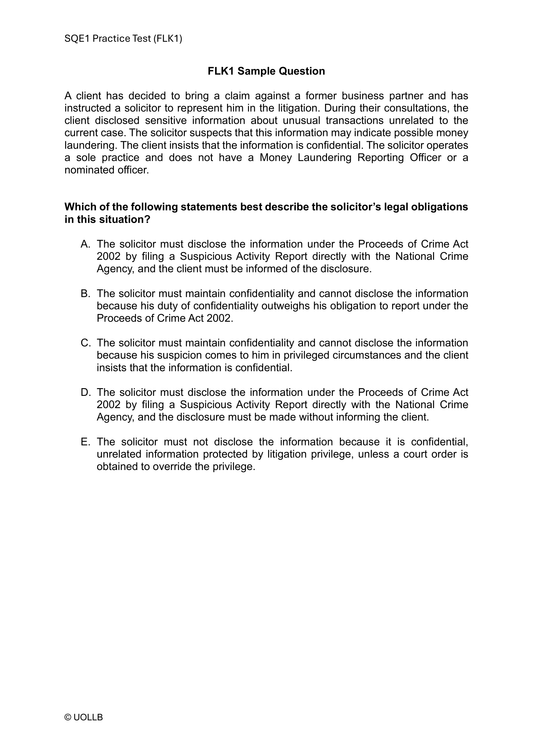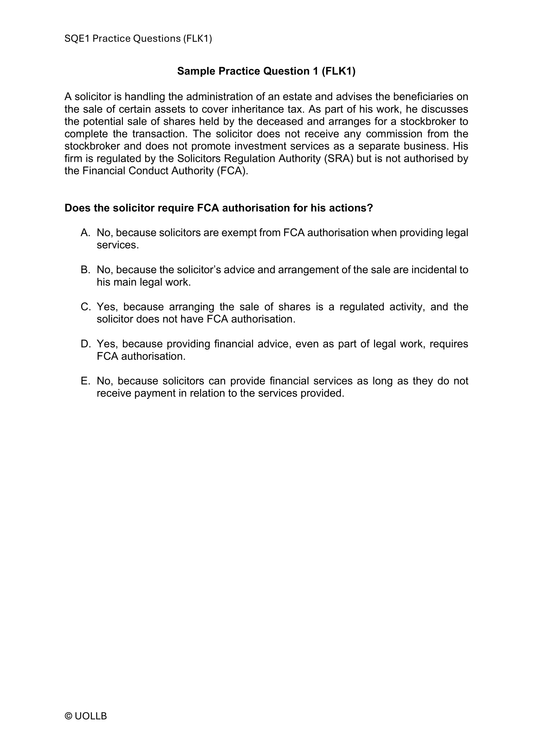Dispute Resolution
Share
Dispute Resolution refers to the methods and processes used to resolve conflicts, disputes, or disagreements between parties. It involves finding a mutually acceptable solution to the issue at hand, without resorting to litigation or formal court proceedings. Here are the topics you will learn in this module.
1. Civil Procedure
Civil procedure governs the rules and processes for resolving disputes between individuals, businesses, or other entities in civil courts. The primary aim is to provide a fair and efficient resolution while ensuring access to justice. The Civil Procedure Rules (CPR) set out the framework for managing cases, including how claims are initiated, defended, and decided by the courts. The system is adversarial, meaning each party presents their case, and the court determines the outcome based on evidence and legal arguments. Civil litigation can cover disputes related to contracts, property, torts, and other non-criminal matters.
2. Preliminary Matters
Before formal proceedings begin, parties must consider alternative dispute resolution (ADR) methods, such as mediation or negotiation, to avoid costly litigation. The Pre-Action Protocols under the CPR require parties to exchange relevant information and attempt settlement before filing a claim. If ADR fails, a claimant must ensure they have a valid legal basis for the claim, assess limitation periods, and consider court jurisdiction. Legal costs and funding options, including conditional fee agreements or after-the-event insurance, should also be evaluated before proceeding.
3. Commencement of Proceedings
Civil proceedings formally begin when the claimant files a claim form at the appropriate court, accompanied by particulars of claim outlining the legal basis and factual background of the dispute. The court issues the claim and serves it on the defendant, who must respond within a specified timeframe (usually 14 days) by filing an acknowledgment of service, a defence, or an admission. If the defendant fails to respond, the claimant may apply for default judgment. The claim form must specify whether the case is allocated to the Small Claims Track, Fast Track, Intermediate Track or Multi-Track, depending on complexity and value.
4. Case Management
Once proceedings are underway, case management ensures that litigation is conducted efficiently and proportionately. The court assigns cases to different tracks based on their complexity and value: Small Claims Track, Fast Track, Intermediate Track and Multi-Track . Directions are issued to outline deadlines for disclosure, witness statements, and expert reports. The court may also conduct a case management conference to resolve procedural disputes and ensure compliance with court orders. Effective case management minimises delays and unnecessary costs.
5. Summary Judgment
Summary judgment is a procedural tool allowing the court to dispose of cases early when one party has no real prospect of success. Either the claimant or defendant may apply for summary judgment if they believe the opponent’s case lacks legal merit or sufficient evidence. The court will consider whether there is a genuine issue requiring a full trial. If granted, the case is resolved without further proceedings, saving time and costs. If refused, the case proceeds to trial. Summary judgment is particularly useful in cases involving clear-cut legal principles.
6. Interim Applications
Interim applications are made during proceedings to seek court orders on various matters before trial. Common applications include interim injunctions (to preserve assets or prevent harm), security for costs (to ensure a losing party can pay costs), and applications for disclosure (to obtain documents from the opposing party). Courts also hear applications for strike-out if a party believes the other’s case is unmeritorious. Interim hearings help streamline litigation by resolving procedural and evidential issues in advance, ensuring that trials focus only on substantive disputes.
7. Before Civil Trial
In preparation for trial, parties must comply with case management directions, including exchanging evidence, submitting witness statements, and agreeing on trial bundles. Expert evidence may be required, and the court may hold a pre-trial review to ensure both sides are ready. Settlement remains an option, and parties may engage in further negotiations or mediation. Costs budgeting is also a key aspect, ensuring litigation remains proportionate. If one party fails to comply with procedural obligations, the court may impose sanctions, including adverse cost orders or striking out claims or defences.
8. Civil Evidence
Civil evidence consists of documents, witness testimony, expert reports, and any other material presented to prove a case. The burden of proof in civil cases is on the balance of probabilities, meaning a claim succeeds if it is more likely than not to be true. Witness statements serve as evidence-in-chief, and cross-examination tests credibility. Expert witnesses provide independent opinions on technical matters. Hearsay evidence is generally admissible, but its weight depends on the circumstances. Disclosure rules require parties to share relevant documents, ensuring transparency in litigation.
9. At Civil Trial and Beyond
During the trial, both parties present their cases before a judge, who assesses the evidence, hears legal arguments, and delivers a judgment. The trial process is typically less formal than criminal trials, with no jury involvement in most cases. After judgment, the losing party may be ordered to pay damages and legal costs. If dissatisfied with the outcome, they can apply for permission to appeal, arguing errors in law or procedure. Courts also enforce judgments through various means, such as charging orders or bailiff action. Post-trial, parties may still settle or negotiate payment terms.
These topics collectively provide an overview of the various stages and procedures involved in resolving civil disputes through the legal system, from the preliminary steps to the trial and beyond.




























































